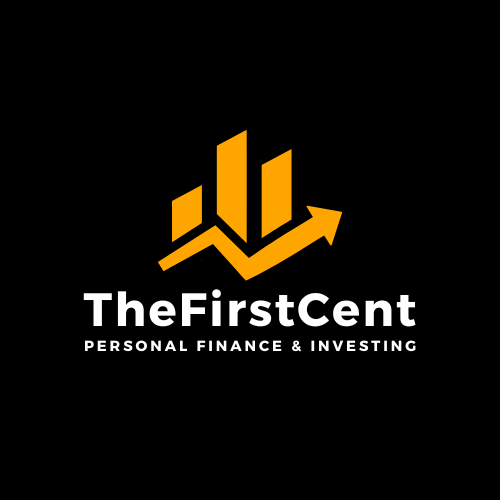Reading is one of the most effective ways to gain knowledge and improve your financial literacy. Whether you’re new to personal finance or an experienced investor looking to refine your strategies, there are books that can inspire, educate, and guide you toward financial success. Here are ten essential books about personal finance and investing that everyone should consider reading:

1. “The Intelligent Investor” by Benjamin Graham
Often regarded as the bible of investing, this classic book emphasizes the principles of value investing. Benjamin Graham provides timeless advice on how to make sound investment decisions by focusing on intrinsic value and avoiding market speculation.
Key Takeaway: Develop a disciplined and rational approach to investing to build long-term wealth.
2. “Rich Dad Poor Dad” by Robert Kiyosaki
This bestseller contrasts the financial philosophies of the author’s two father figures—one who believed in traditional employment and saving, and another who pursued entrepreneurship and investment. It’s a compelling introduction to building assets and achieving financial independence.
Key Takeaway: Focus on acquiring assets and creating passive income streams instead of solely relying on earned income.
3. “Your Money or Your Life” by Vicki Robin and Joe Dominguez
This book takes a holistic approach to personal finance, encouraging readers to examine their relationship with money and align their spending with their values. It provides actionable steps to achieve financial independence and live a more meaningful life.
Key Takeaway: Achieve financial freedom by aligning your financial decisions with your personal values and long-term goals.
4. “The Millionaire Next Door” by Thomas J. Stanley and William D. Danko
Based on extensive research, this book debunks myths about wealth and highlights the habits and lifestyles of self-made millionaires. It’s an inspiring read for anyone seeking practical advice on building wealth.
Key Takeaway: Wealth-building often comes from living below your means, saving diligently, and making smart financial decisions.
5. “A Random Walk Down Wall Street” by Burton G. Malkiel
A comprehensive guide to investing, this book covers everything from stocks and bonds to real estate and mutual funds. It’s especially valuable for understanding index funds and the importance of diversification.
Key Takeaway: Adopt a long-term, low-cost, and diversified investment strategy to maximize returns while minimizing risks.
6. “The Little Book of Common Sense Investing” by John C. Bogle
Written by the founder of Vanguard Group, this book emphasizes the importance of index fund investing. Bogle’s straightforward advice makes it a must-read for anyone looking to build wealth through simple, effective strategies.
Key Takeaway: Invest in low-cost index funds to achieve steady growth and minimize expenses.
7. “I Will Teach You to Be Rich” by Ramit Sethi
This engaging and actionable guide provides a six-week program to help readers automate their finances, eliminate debt, and invest for the future. Sethi’s conversational tone makes complex financial topics approachable.
Key Takeaway: Focus on automating your finances and prioritizing spending on what truly matters to you.
8. “Think and Grow Rich” by Napoleon Hill
Though not exclusively about personal finance, this classic self-help book explores the mindset and habits necessary for achieving success in any field, including wealth-building. It’s a motivational read that emphasizes goal-setting and persistence.
Key Takeaway: A positive mindset and clear goals are essential for financial success.
9. “Financial Freedom” by Grant Sabatier
This modern take on achieving financial independence is packed with practical advice, from side hustles to investing. Sabatier shares his personal journey to financial freedom, making it a relatable and inspiring read.
Key Takeaway: Achieving financial freedom is possible at any age with the right combination of discipline, earning strategies, and investments.
10. “The Psychology of Money” by Morgan Housel
This book explores the behavioral aspects of finance, emphasizing the importance of emotional intelligence and perspective in money management. Housel’s storytelling makes complex financial concepts easy to understand.
Key Takeaway: Success in personal finance is as much about behavior and mindset as it is about knowledge.
Final Thoughts
The right financial education can empower you to take control of your money and achieve your goals. The books listed above provide valuable insights into different aspects of personal finance and investing. Whether you’re looking to get out of debt, build wealth, or plan for retirement, these books can serve as an essential resource on your journey to financial independence.
Remember, the key to success is not just reading but also applying the lessons learned. Start with one book that resonates with your current financial goals and take actionable steps to improve your financial life.
Disclosure: This article is for informational purposes only and does not constitute financial advice. Always consult with a financial professional for tailored guidance.
